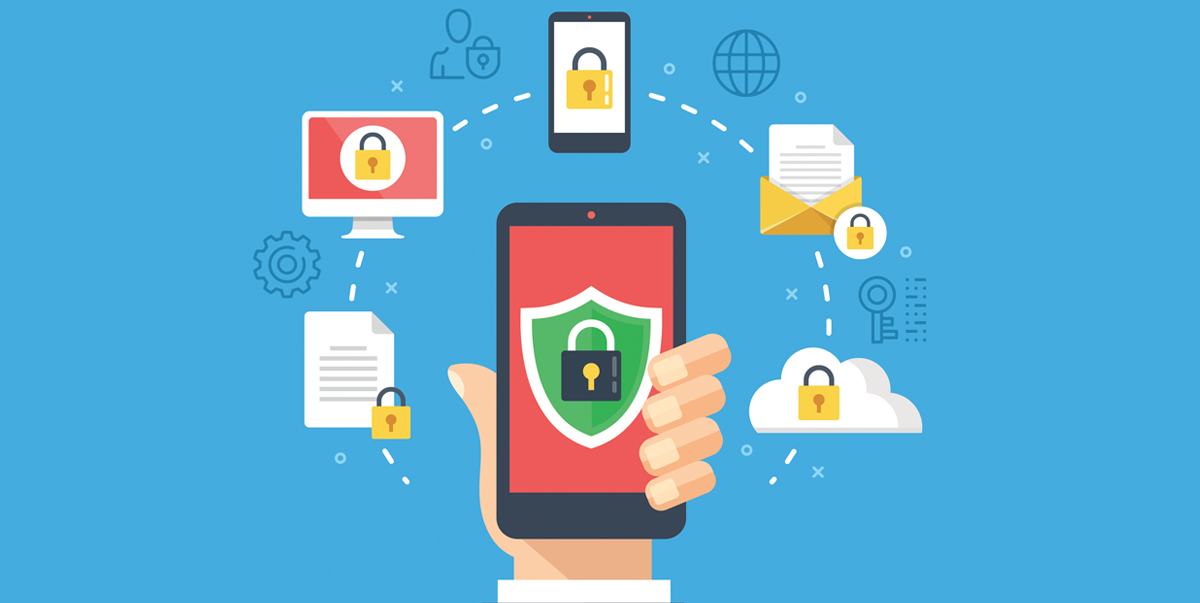
How To Protect Yourself, In The Wake Of The Equifax Hack
September 8, 2017
WHAT HAPPENED?
Consumer credit reporting bureau Equifax has announced a major data breach affecting approximately 143 million Americans. The company said that from mid-May through the end of July, criminals exploited an Equifax website vulnerability to access names, Social Security numbers, birth dates, addresses and in some cases driver’s licenses.
The company also said that about 209,000 Americans’ credit card numbers were accessed, along with credit dispute documents with personally identifying information for 182,000 consumers. “The company has found no evidence of unauthorized activity on Equifax’s core consumer or commercial credit reporting databases,” it said.
WAS SECURITY NATIONAL BANK AFFECTED?
Security National Bank of South Dakota does NOT report any customer data to Equifax.
However, since reporting practices often vary from one financial service provider to another, we suggest that you closely monitor all of your account activity with every financial service you use.
WHAT TO DO IF YOUR INFORMATION WAS COMPROMISED
Equifax will send direct mail notices to anyone whose credit card numbers or dispute records were accessed.
If you find that your personal information has been breached, or you see any suspicious activity on any of your financial accounts, contact the involved financial institution immediately. Also, be sure to file an Identity Theft report with the Federal Trade Commission and notify local law enforcement.
NOTE: Beware of scammers and identity thieves, trying to capitalize off of news of the Equifax security breach. Equifax will NOT call you unless you have left a message with their call center. Otherwise, you will not be directly called by Equifax and should never provide personal information to anyone who calls you or sends you a message about the incident.
Protecting yourself from identity theft
Regardless of whether or not you’ve been affected by the Equifax incident, here are some measures you can take to keep your personal information as secure as possible:
- Monitor Your Accounts — At SNB, we recommend everyone to monitor their accounts for suspicious activity on at least a weekly basis. With tools like online and mobile banking, doing this is easier and more convenient than ever.
- Lock Down Your SSN — Never carry your social security card in your wallet. Rather, store it in a fireproof safe at home or deposit box (available at every Security National Bank of South Dakota branch — contact us to learn more). Never give out your SSN through email, over the phone (unless you’re 100% sure of the caller’s identity), or when applying for something online that isn’t a secure government or financial application.
- Avoid Email Phishing — Hackers, scammers and identity thieves are continuously trying to sneak their way into your inbox through “phishing” (getting you to click on dangerous links inside an email). You might receive an email from a co-worker or company that looks legitimate — however, by clicking on a disguised link inside the email, you inadvertently download damaging malware or give information to an identity thief. Always verify the source of emails and test an email link’s URL (right click, copy, paste in a document) before actually clicking on it.
- Purchase Quality Protection — Not all credit monitoring or ID protection services are the same. Just because a company is monitoring for identity theft, doesn’t mean they’ll provide insurance in the event you become a victim of identity theft. Carefully review services for details, making sure that in the event of identity theft, the service will also insure you and help you through the recovery process.
- Stay Updated — Make sure you're subscribed to the SNB South Dakota newsletter to get the latest financial security tips delivered directly to your inbox each month.
If you have any questions, don’t hesitate to contact SNB of South Dakota or reach us by phone at (605) 977-9000 in Sioux Falls or (605) 232-6060 in Dakota Dunes.